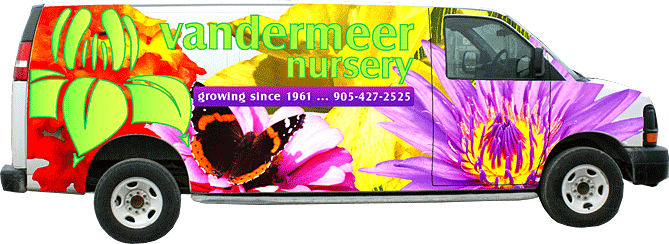VANDERMEER
PLANT LIBRARY
Find the perfect plant for your space by browsing through this extensive selection that we typically carry every year.
This library is for information purposes only.
The plant you are looking for could not be found in the database!
The specific plant you are looking for could not be found in our plant database. If you reached this page from an external search engine, we may no longer carry this plant but the search engine has not yet updated itself. If you have a bookmark for this page, there may be a spelling mistake in the web address (URL); check it and try again. If this plant was in your plant list but is no longer accessible, we may no longer carry this plant.
Return to the Search Page and try again.
Get help with errors and advanced searching tips.




